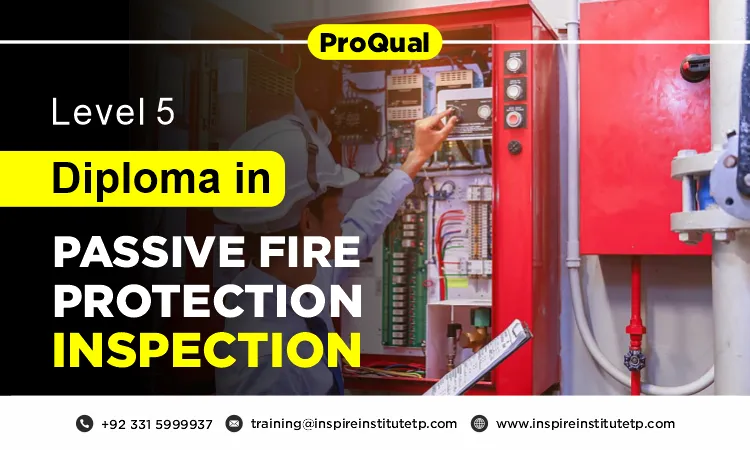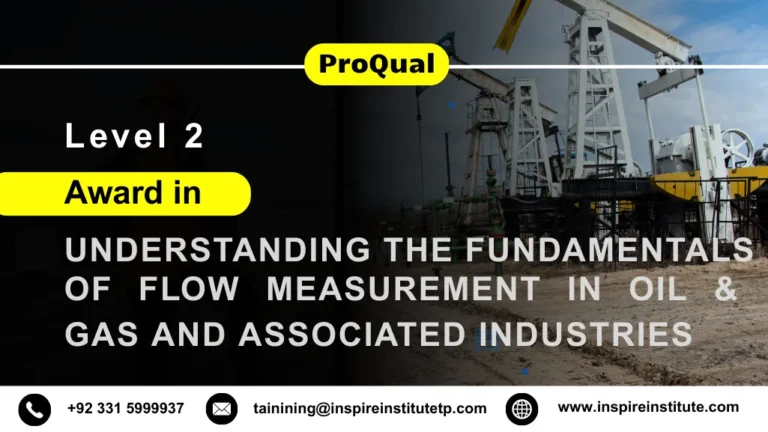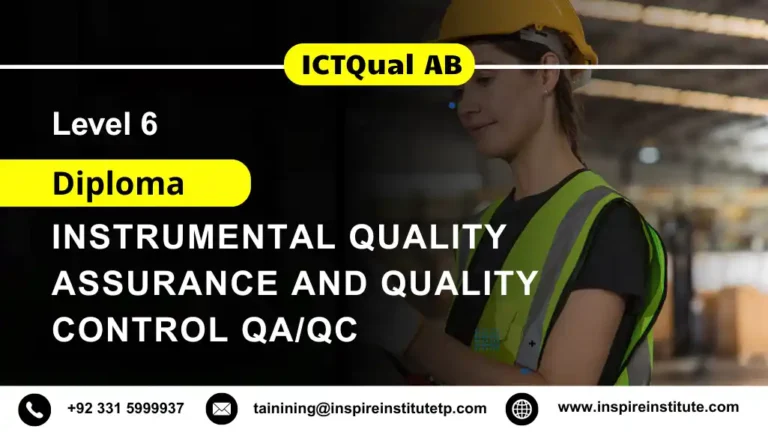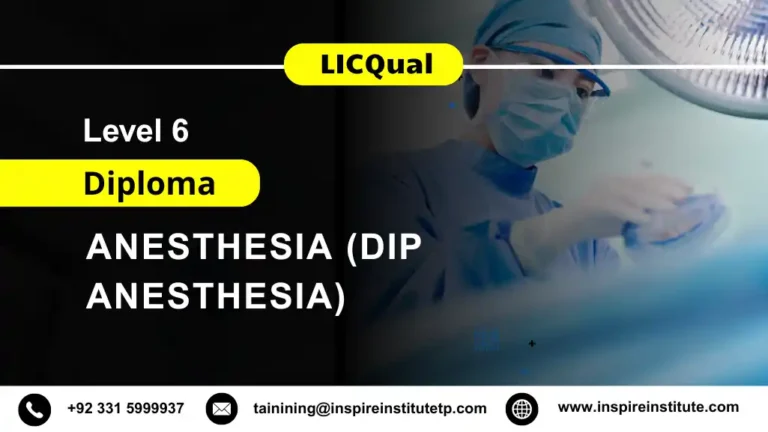ProQual Level 5 Diploma in Passive Fire Protection Inspection
The ProQual Level 5 Diploma in Passive Fire Protection Inspection is an advanced qualification designed for professionals seeking to deepen their understanding and expertise in the field of fire safety. This course provides a comprehensive framework for evaluating, implementing, and maintaining effective passive fire protection measures within various types of buildings. Participants will be assessed through a combination of written assignments, practical evaluations, and case studies. Successful completion of all assessments will lead to the award of the ProQual Level 5 Diploma in Passive Fire Protection Inspection, signifying a high level of competency in the field. Holding the ProQual Level 5 Diploma enhances career prospects and positions individuals for roles such as fire safety consultants, inspectors, and compliance officers. Graduates will be equipped to take on responsibilities that directly impact fire safety and building compliance, contributing to safer environments for all. The ProQual Level 5 Diploma in Passive Fire Protection Inspection is a vital qualification for those serious about advancing their careers in fire safety. By providing in-depth knowledge and practical skills, this course prepares participants to effectively manage and inspect passive fire protection systems, ensuring the safety and compliance of building environments. Enroll today to take the next step in your professional journey in fire safety.
Why Choose this Qualification
Opting for the ProQual Level 5 Diploma in Passive Fire Protection Inspection offers several compelling advantages for professionals in the fire safety and construction sectors.
One key reason to choose this qualification is its comprehensive coverage of passive fire protection principles. This diploma provides in-depth knowledge about the design, installation, and maintenance of passive fire protection systems, essential for ensuring the safety of buildings and occupants. With a strong focus on both theoretical and practical aspects, you’ll be well-equipped to assess fire protection measures effectively.
The diploma also prepares you to address the latest regulations and standards in passive fire protection. Staying updated with legal requirements is crucial in ensuring compliance and minimizing risks in construction and building management.
This qualification promotes a deeper understanding of risk assessment and mitigation strategies related to fire safety. You will learn how to identify potential hazards and recommend appropriate passive fire protection solutions, making you a valuable asset to any organization.
Choosing this qualification not only equips you with essential skills and knowledge in passive fire protection but also enhances your employability and professional reputation, making it a strategic choice for your career in fire safety.
Course Overview
Ofqual Regulated Qualification
Course Level: Level 5
Average Completion Time:
6-18 Months
Required Credits: Each of the Mandatory Units + Minimum of 2 Optional Units
Evidence & Assignment Based
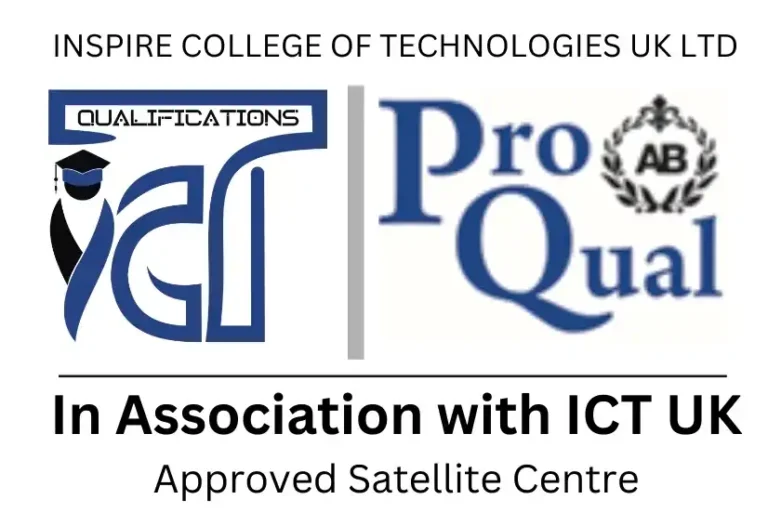
Inspire Institute of Technologies is Approved Satellite Centre of ProQual
Qualification Structure
The ProQual Level 5 Diploma in Passive Fire Protection Inspection, achieve the qualification candidates must achieve each of the mandatory units, plus a minimum of two of the optional units:
Mandatory Units
Mandatory Units – complete all units
| Unit Title | Level | GLH |
| Building Control Site Inspection and Plan Assessment | 5 | 150 |
| Monitor Project Quality in Construction – Passive Fire Protection | 5 | 145 |
Optional Units – complete a minimum of two units
| Unit Title | Level | GLH |
| Inspecting and Testing of Fire Resisting Door Installations | 3 | 30 |
| Inspecting and Testing of Fire Stopping Installations | 3 | 30 |
| Inspecting and Testing of Fire-Rated Ductwork and Damper Installations | 3 | 30 |
| Inspecting and Testing of Fire-Rated Steel Intumescent Coating Installations | 3 | 30 |
Who Should Take This Course
The ProQual Level 5 Diploma in Passive Fire Protection Inspection is designed for a range of professionals in the fire safety, construction, and building management sectors. Here’s a closer look at who would benefit from this qualification:
- Fire Safety Inspectors: Professionals responsible for assessing and ensuring compliance with fire safety regulations who wish to deepen their expertise in passive fire protection systems.
- Building Surveyors: Individuals involved in evaluating and managing the safety of buildings, looking to enhance their knowledge of fire protection measures.
- Construction Managers: Professionals overseeing construction projects who need a strong understanding of passive fire protection to ensure compliance during the building process.
- Health and Safety Officers: Those tasked with maintaining safety standards in various environments seeking specialized knowledge in passive fire protection.
- Fire Protection Engineers: Engineers working on designing and implementing fire protection strategies who want to enhance their understanding of passive systems.
- Aspiring Fire Safety Professionals: Individuals looking to enter the fire safety field, seeking a recognized qualification that provides foundational knowledge in passive fire protection.
- Quality Assurance Professionals: Those focused on quality control in construction and building management, aiming to understand the importance of passive fire protection in maintaining safety standards.
This course is suitable for fire safety inspectors, building surveyors, construction managers, health and safety officers, fire protection engineers, aspiring fire safety professionals, and quality assurance professionals who seek to enhance their skills and knowledge in passive fire protection inspection.
Course Benefits
The ProQual Level 5 Diploma in Passive Fire Protection Inspection offers numerous advantages for professionals in the fire safety and construction industries. Here are the key benefits:
- Comprehensive Knowledge: Gain in-depth understanding of passive fire protection systems, including their design, installation, and maintenance, which is crucial for ensuring building safety.
- Industry Recognition: This qualification is recognized within the industry, enhancing your credibility and demonstrating your commitment to high standards in fire safety.
- Career Advancement: Holding this diploma opens up opportunities for career progression into roles such as fire safety manager, building control officer, or senior fire protection inspector.
- Regulatory Compliance: The course equips you with knowledge of current regulations and standards, helping you ensure compliance and minimize risks in your organization.
- Practical Skills Development: The program emphasizes practical applications, preparing you to effectively assess and implement passive fire protection measures in various settings.
- Enhanced Employability: With this diploma, you become a more attractive candidate to employers, as it signifies a high level of expertise in passive fire protection.
- Networking Opportunities: Engage with industry professionals and peers, fostering connections that can lead to collaborative opportunities and further career growth.
- Risk Assessment Expertise: Develop critical skills in identifying potential fire hazards and recommending appropriate passive fire protection solutions, making you a valuable asset to any organization.
The ProQual Level 5 Diploma in Passive Fire Protection Inspection not only equips you with essential knowledge and skills but also enhances your career prospects, making it a strategic investment for your professional development in fire safety.
Eligibility Criteria
By ensuring these steps are taken, candidates can better prepare for the qualification and maximize their learning experience.
Educational Background:A minimum of a Level 3 qualification in a related field, such as fire safety, construction, or building services. This may include vocational qualifications or relevant certifications.
Work Experience:A minimum of two years of relevant work experience in fire safety, construction, or a related discipline. Practical experience in passive fire protection systems or inspection roles is highly beneficial.
Professional Development:Candidates should demonstrate a commitment to ongoing professional development in the field of fire safety. This may include participation in training courses, workshops, or relevant industry seminars.
Basic Literacy and Numeracy Skills:Proficient reading, writing, and mathematical skills are required to effectively engage with course materials, complete assignments, and conduct inspections.
Interview or Pre-Course Assessment:Some training providers may require a pre-course interview or assessment to evaluate the candidate’s suitability for the program and to ensure they possess the foundational knowledge needed for advanced study.
Health and Safety Awareness:A basic understanding of health and safety regulations in the workplace is advantageous, as candidates will be expected to apply this knowledge during practical assessments.
The Qualification Process
Here is a step-by-step guide to help you understand the entire journey from pre-registration to certification:
- Self-Assessment:
Begin by evaluating your eligibility for the course. Ensure you meet the entry requirements, such as relevant qualifications or professional experience, as outlined for the program. - Registration:
Complete your registration by submitting the required documents, including a scanned copy of a valid ID, and pay the necessary registration fee. This is your first official step in the qualification process. - Induction:
An assessor will conduct an induction session to verify your eligibility and introduce you to the evidence requirements. During this stage:- If the assessor finds that you meet all the necessary criteria, you will proceed to the next step.
- If you do not meet the entry requirements, your registration will be canceled, and your fee will be refunded.
- Evidence Submission:
Based on the assessment criteria, you will need to submit evidence demonstrating your knowledge and competence. Consult with your assessor if you need clarification on the type and nature of the evidence required. This evidence could include assignments, projects, case studies, or professional experiences related to sustainability management. - Feedback and Revision:
The assessor will review your submitted evidence and provide feedback. Evidence that meets the required criteria will be marked as “criteria met.” If there are any gaps, the assessor will highlight them, and you will need to address those gaps by revising and resubmitting the evidence. - Competence Evidence:
Submit your final evidence demonstrating that you have successfully achieved all the learning outcomes. The assessor will mark your submission as “Criteria met” once everything is up to standard. - Internal Quality Assurance (IQA):
After your evidence is approved by the assessor, the Internal Quality Assurance Verifier (IQA) will review it to ensure that the assessment was carried out consistently and according to ProQual standards. - External Verification:
The IQA then presents your portfolio to ProQual External Quality Assurance Verifiers (EQA) for final confirmation. The EQA may contact you directly to verify the authenticity of your evidence. - Certification:
Once all internal and external checks are completed to satisfaction, ProQual will issue your official certificate, confirming that you have successfully achieved the qualification.
This comprehensive process ensures that learners demonstrate all necessary competencies and meet the high standards required for the ProQual Level 5 Diploma in Passive Fire Protection Inspection

